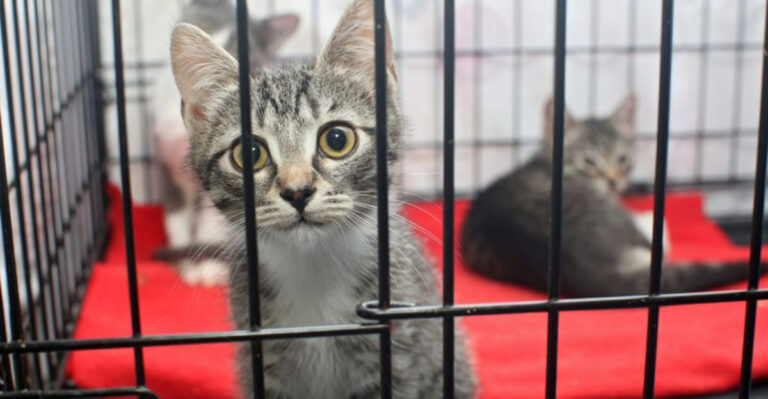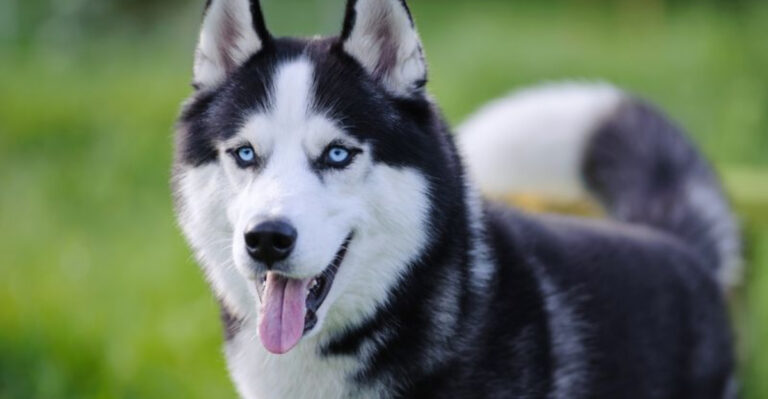12 Ways To Create A Good Daily Routine For Your Dog
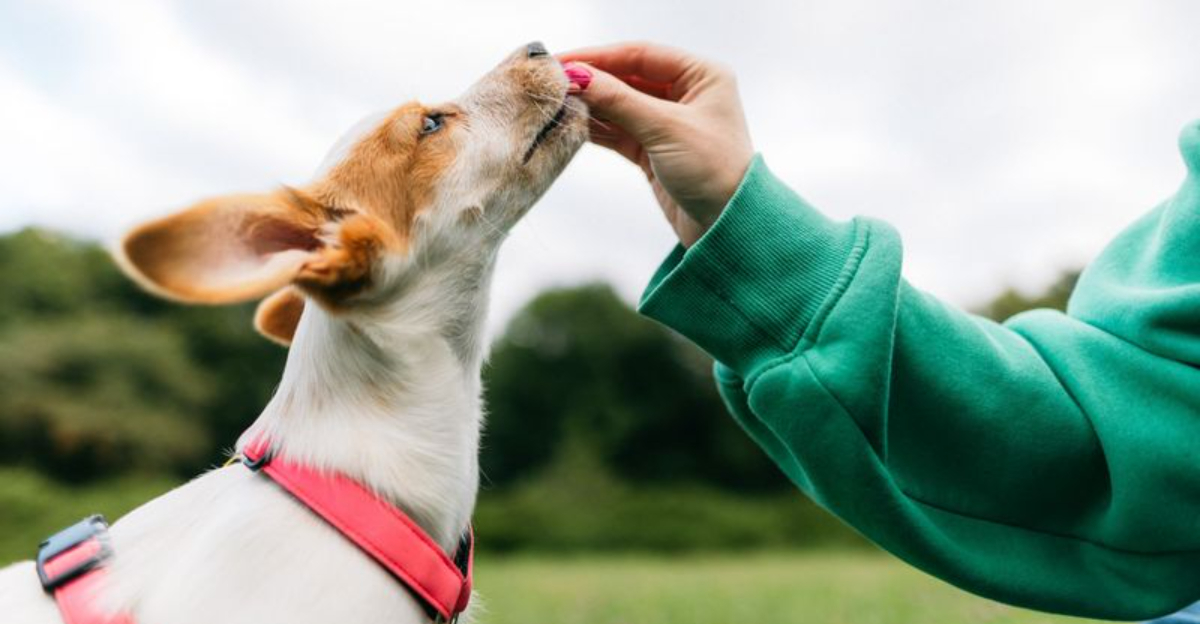
Creating a daily routine for your dog is essential for their overall well-being and happiness. A structured day ensures that your furry friend receives the right balance of physical activities, mental stimulation, and rest.
Whether you’re a new pet owner or looking to enhance your current schedule, these tips will help create a harmonious life for both you and your pet.
1. Set Consistent Feeding Times
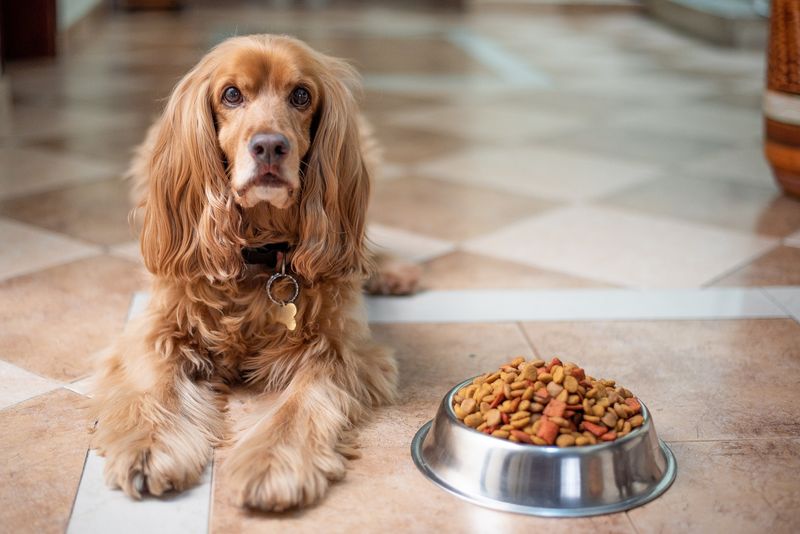
Consistency is key in your dog’s feeding routine. By serving meals at the same times daily, you help your pet feel secure and satisfied. Regular feeding schedules also promote better digestion.
Imagine how comforting it is for your dog to know when to expect their meals. This predictability helps reduce anxiety and hunger-related behavioral issues, creating a peaceful environment at home.
2. Plan Daily Walks And Exercise
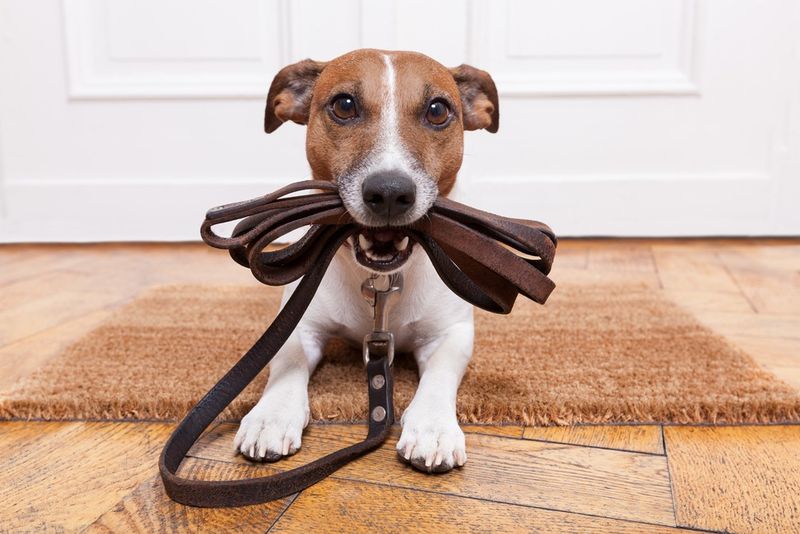
Dogs need daily walks and exercise to maintain their health and happiness. Regular physical activity keeps your dog fit and reduces stress.
Daily exercise routines should include a mix of walking, running, and playtime. This variety not only keeps your dog physically active but also mentally stimulated, ensuring they’re well-rounded companions.
3. Create A Morning Routine
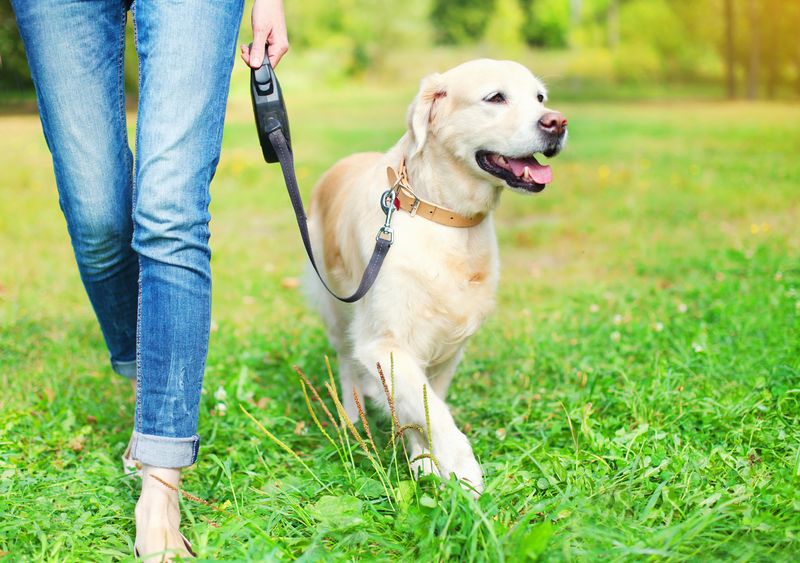
Starting each day with a consistent morning routine sets a positive tone. Engage in a brisk walk or play session to burn off excess energy.
This morning ritual helps your dog feel more relaxed throughout the day. It’s a wonderful way to bond and prepare your pet for a fulfilling day ahead.
4. Schedule Training Sessions
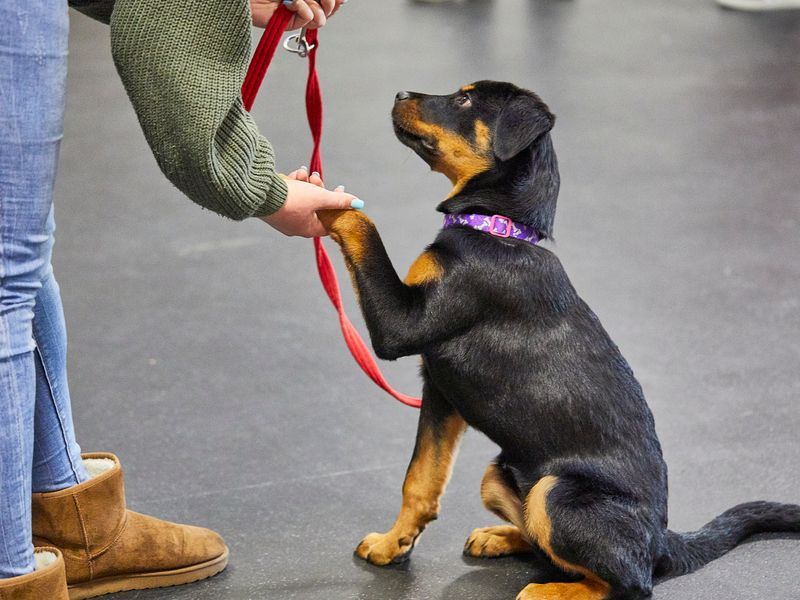
Training isn’t just about teaching commands; it’s a bonding experience. Short sessions throughout the day reinforce good behavior and keep your dog sharp.
These sessions provide mental stimulation, crucial for intelligent breeds. Dogs thrive with the right balance of mental exercise and physical activity, creating a harmonious household.
5. Establish A Bathroom Schedule
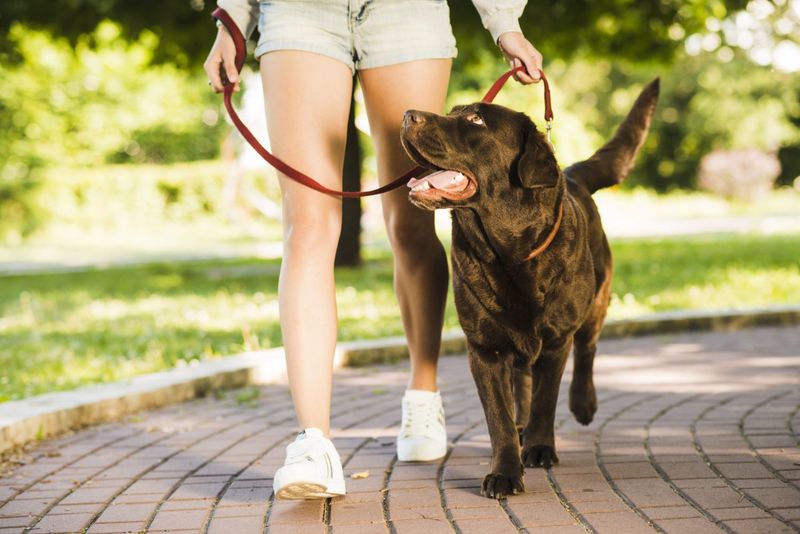
Avoid accidents by setting a consistent bathroom schedule. Regular breaks reduce stress for both you and your pet.
Take your dog out first thing in the morning, after meals, and before bedtime. This routine helps them understand when and where to relieve themselves, promoting a clean and comfortable home environment.
6. Set A Bedtime Routine
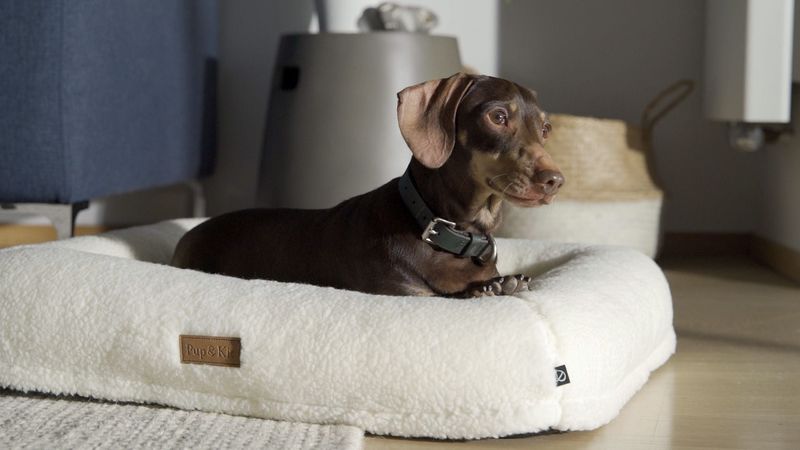
A bedtime routine helps your dog wind down, ensuring a restful night. Include a final walk, bathroom break, and quiet time.
This routine teaches your dog to associate bedtime with calmness and relaxation. A well-rested dog is happier and more energetic during the day, contributing to a balanced routine.
7. Offer Plenty Of Playtime
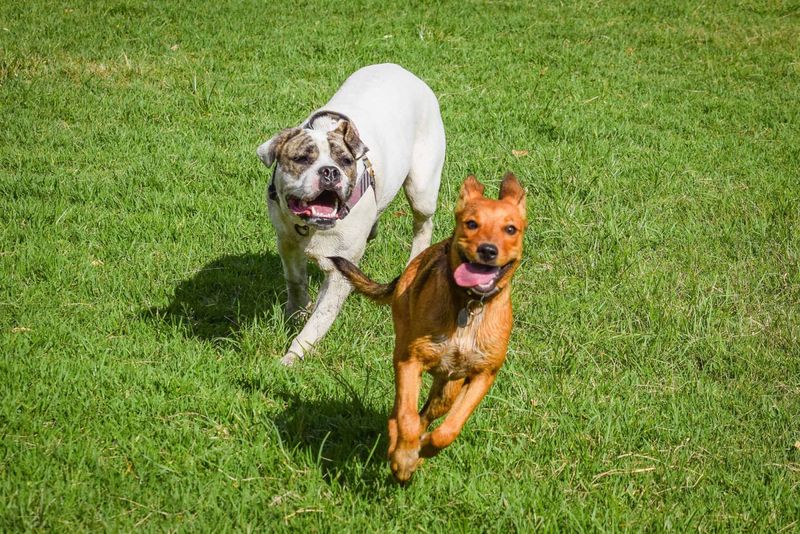
Playtime is vital for your dog’s well-being. Interactive games like fetch or tug-of-war strengthen your bond.
Regular play sessions keep your dog mentally stimulated and physically active. This balance is essential for a happy, well-adjusted pet, fostering a loving and engaging relationship.
8. Incorporate Rest And Downtime
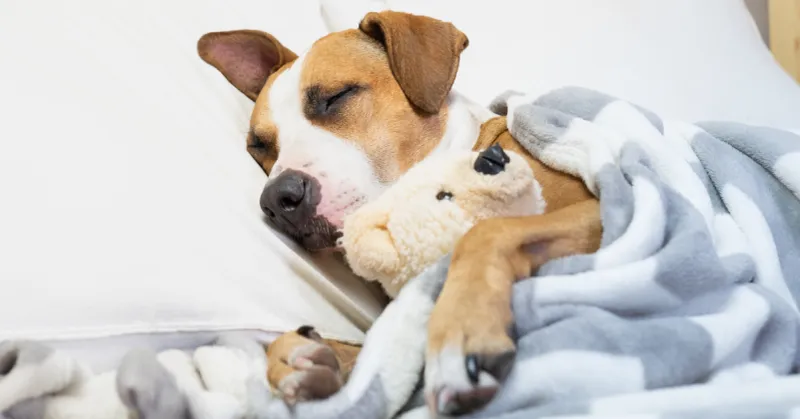
Just as exercise is vital, so is rest. Allow your dog to take breaks to recharge and avoid overexertion.
Downtime is crucial for reducing stress and maintaining overall health. Providing a calm space for naps ensures your dog remains happy and resilient, capable of enjoying daily activities.
9. Provide Enrichment Activities
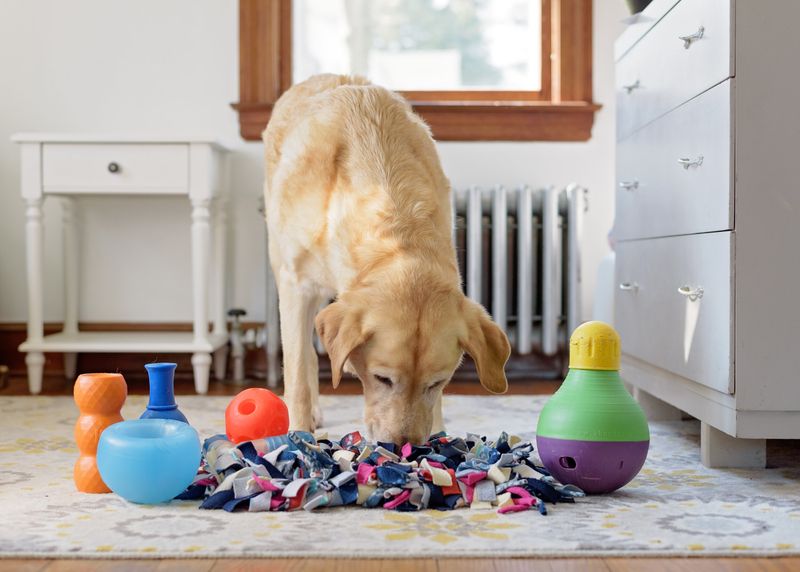
Enrichment activities like puzzle toys keep your dog mentally stimulated when alone. These challenges are perfect for intelligent dogs.
Mental exercises complement physical ones, ensuring a balanced routine. Your dog will enjoy the satisfaction of solving puzzles, staying entertained and engaged even when you’re not around.
10. Socialization With Other Dogs Or People
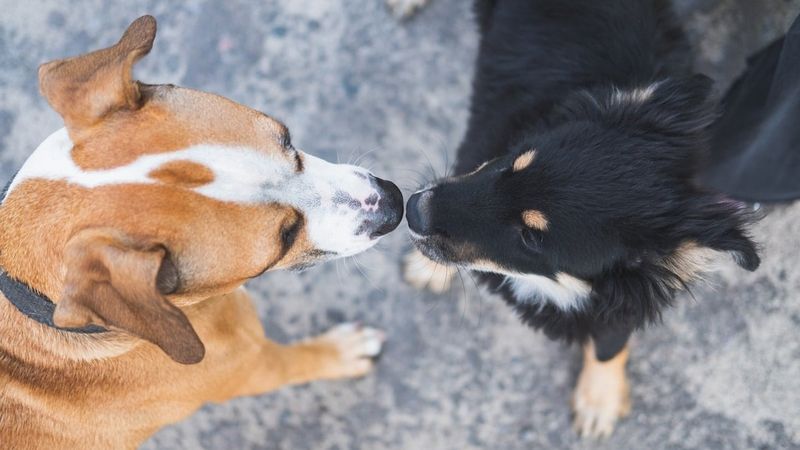
Socialization builds confidence and teaches appropriate behaviors. Regular interactions with other dogs or people enhance your dog’s social skills.
These experiences are vital for well-rounded development. A socially adept dog is more confident and less likely to exhibit anxiety, enriching both their life and yours.
11. Monitor Your Dog’s Behavior Throughout The Day
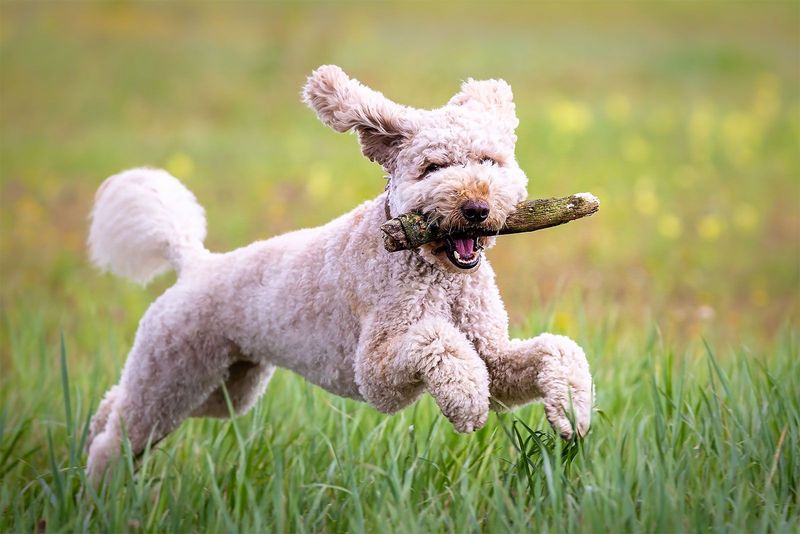
Understanding your dog’s daily reactions is key. Monitor for signs of stress or anxiety and adjust routines as needed.
A flexible schedule that adapts to your dog’s needs fosters a happier, healthier pet. Being attuned to these cues ensures you provide the best care possible, strengthening your bond.
12. Be Consistent With Positive Reinforcement
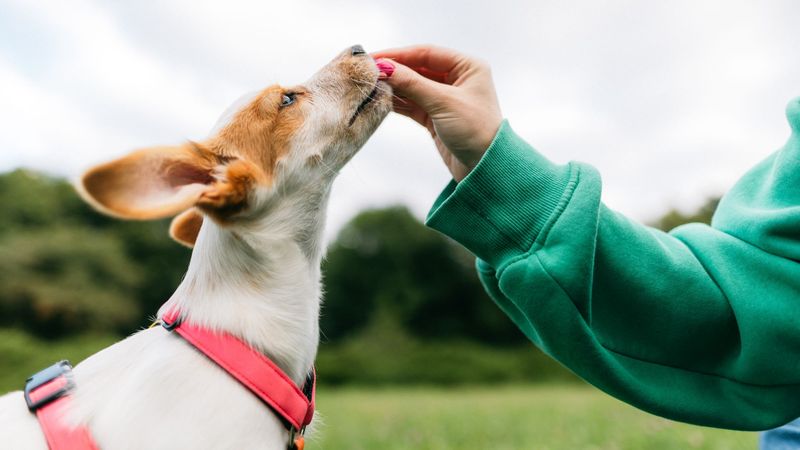
Positive reinforcement builds trust and encourages good behavior. Consistent praise and treats reinforce habits and create a supportive environment.
Rewarding desired actions with treats or affection helps your dog understand expectations. This mutual understanding leads to a harmonious relationship, with both parties thriving.


